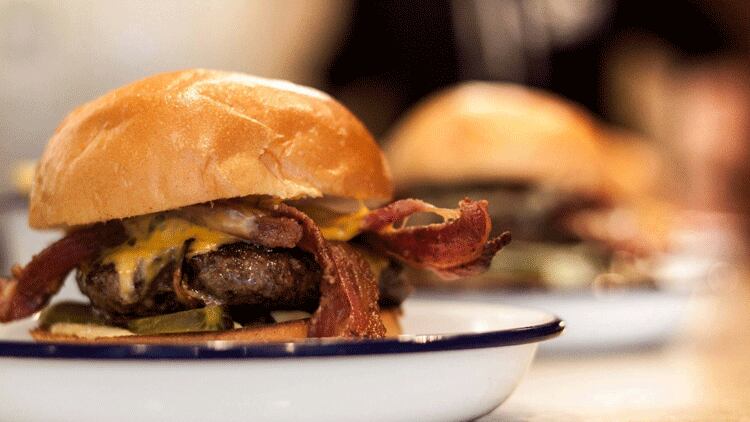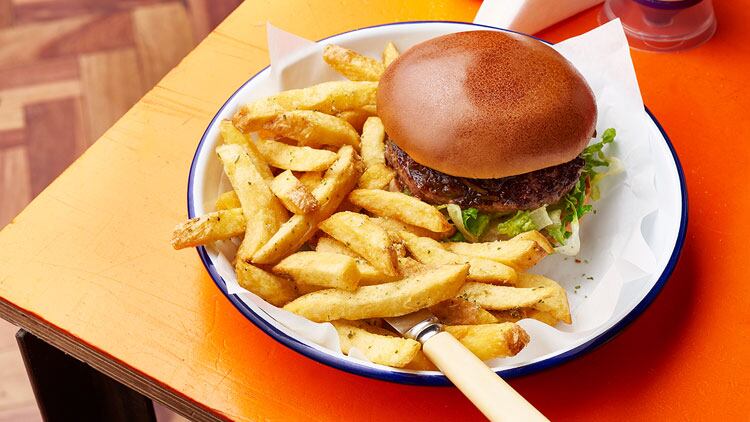6oz Burgers made headlines in 2015 when Portsmouth City Council issued it with a hygiene emergency prohibition notice for serving less than thoroughly cooked (LTTC) burgers.
Owners James Baldry and Piotr Mientkiewicz fought the case in court but lost. In what was thought to be the first case of its kind, the pair were ordered to pay £100,000 of its own legal fees and meet the council’s £35,000 legal costs.
They had argued that they had served thousands of LTTC burgers without making anyone ill, and that serving pink burgers was standard practice in many other restaurants.
But the council argued that 6oz Burgers could not prove its supply chain and processes resulted in a burger that was safe to eat.
A statements posted on 6oz Burgers Facebook page read: "It is with great sadness to announce that 6oz has closed it's doors for good this week. A number of factors - most notably the "pink burger" court case which we fought and lost against Portsmouth City Council - has meant that the business is no longer financially viable.
"We want to thank everybody in Southsea and beyond for their love and support during what has been an incredible five years. Despite the lows, there has been some amazing highs and we have made some great friends and unforgettable memories along the way. We hope you enjoyed the best burgers in Southsea as much as we enjoyed making them."
According to the Food Standards Agency, all burgers should be cooked until steaming hot all the way through, until no pink meat remains and the juices run clear.
However, restaurants are usually permitted to cook LTTC if they can prove that both their supplier and kitchen team have handled the meat very carefully.
Bacteria such as salmonella, e-coli and campylobacter lives on the outside of meat. When a steak is seared the bacteria is killed, but when meat is minced up in a burger, there's a risk that bacteria could still be living on the inside unless strict procedures are in place.
Restaurants can also buy in, but only a handful of UK suppliers are approved to supply burgers that are intended to be eaten rare.



